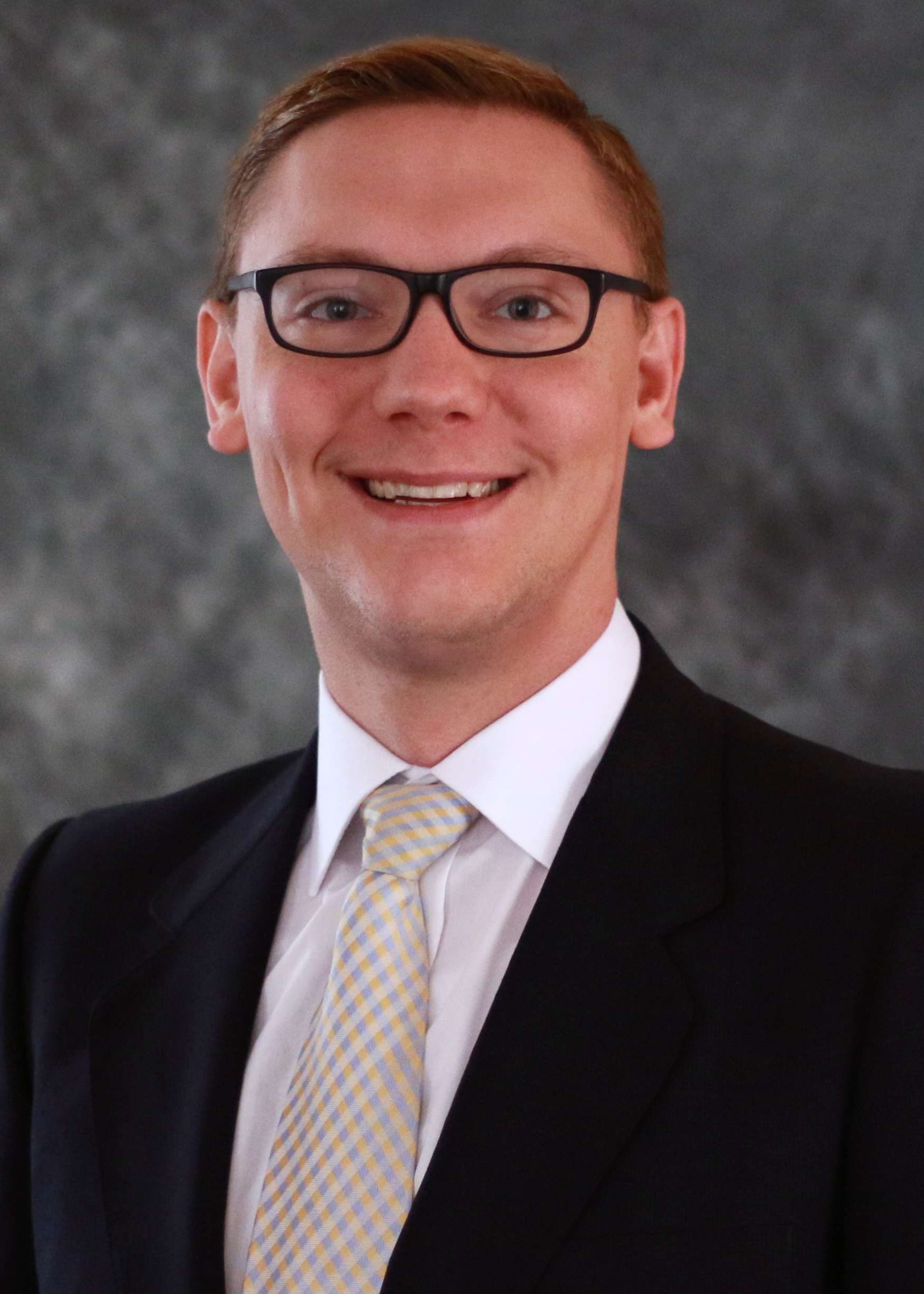Hair Braiders Suffer Setback in Court
Bad policies affect real people. Here in Missouri, African-style hair braiders Ndioba Niang and Tameka Stigers are fighting nonsensical regulations that keep them from earning a living. Unfortunately, they were dealt a blow when the United States 8th Circuit Court of Appeals found that the Missouri licensing requirements are not discriminatory and do not violate their rights. You can read the judge’s decision here.
In the past, we have written and talked many times about the excessive regulations that require practitioners of African-style hair braiding to go to a cosmetology school and undergo 1,500 hours of expensive education—almost none of which is related to their distinctive techniques—to get a license. However, because the state has an interest in public health and safety, the court found “the fit between the licensing requirement and the State’s interest is imperfect, but not unconstitutionally so.” In other words, these generalized regulations apply to all hair-care professionals and are not aimed specifically at the hair braiders; therefore, the regulation is not discriminatory. The hair braiders argue that their trade is distinctive and should not be lumped in with barber or cosmetology regulations. However, the court determined that African-style hair braiding “rationally” falls squarely within the Missouri’s definition of cosmetology (RSMO 3.29.010). So where do we go from here?
This issue could be put to rest by commonsense licensing reform. Missouri could simply exempt hair braiding from licensing or impose more narrowly drawn qualifications. Past efforts at reform have failed. Is this a case where special interests are just protecting their turf?
Ndioba, Tameka, and other African-style hair braiders want to practice a profession for which they’re qualified and offer a service to customers. Why doesn’t government get out of their way?


